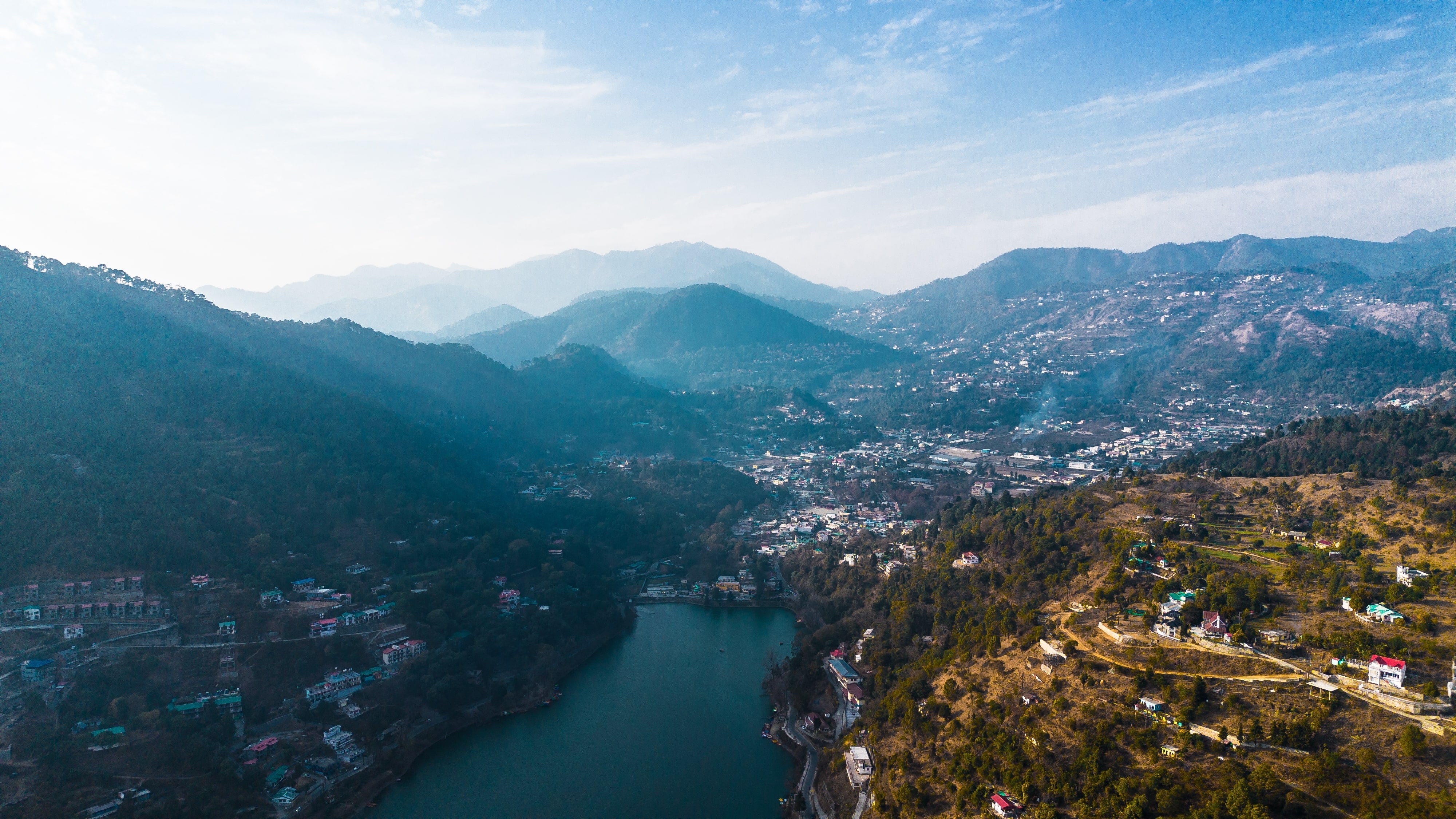Tribute to Yash Chopra
A scion of love; a veteran filmmaker and a man that could make any place on Earth look gorgeous. In his wake, Yash Chopra leaves a void in the Indian film industry.
She stands amidst a field of yellow sarson flowers, pristine in a simple white salwar suit, staring intently at him—gauging whether he is real or a mere figment of her imagination. He stands afar, gazing at her. Then, ever so slowly, he extends his arms and she breaks out into a smile. Without a word, without a thought, she runs towards his open arms and they become one. Tujhe Dekha Toh…
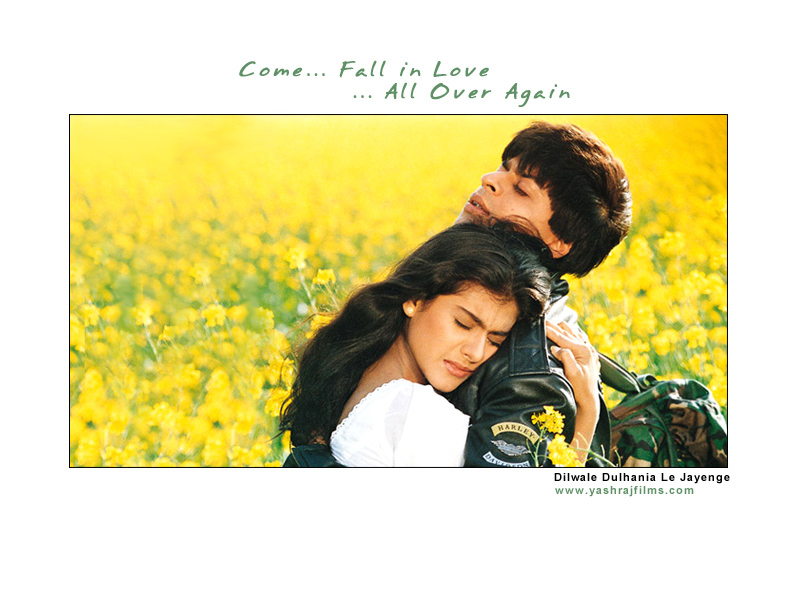
Courtesy: Yash Raj Films
The opening scene of one of the most romantic songs of all time is etched in our memory, as it is. That was the magic that only the scion of romance and veteran Bollywood director, Yash Chopra could create. Oftentimes, he didn’t need words—he wrote epic tales of love expressed on celluloid of gorgeous locales.
At the risk of unbridled posthumous flattery, Yash Chopra was to Indian films what Martin Scorcese is to Hollywood. At a time when heroes were the prime focus of Hindi films and the action genre was being lapped up by the masses, Chopra delved into the world of love. He redefined love and romance for Indian cinema and used beautiful backdrops to do this—the valleys of Kashmir; the snow-peaked mountains of Switzerland; the sarson da khets in Punjab; the field of flowers in Netherlands. Fascinated with femininity, he made his heroines look beautiful, with the white sari, or gorgeous chiffons in lovely pastels becoming a signature of sorts in his films. How could you not fall in love?
Contrary to popular belief, Chopra did not shoot his films only in Switzerland. Yes, he loved the country deeply—so much so, that the Jungfrau Railways in Switzerland named a train after the director and a suite in the Victoria-Jungfrau Grand Hotel was also named after him.

Courtesy: Yash Raj Films
Nonetheless, despite the soft corner he had for the world’s neutral country and a fondness for European locations, Chopra did not miss the beauty his own country offered. Kashmir, Punjab and Jaipur were some all-time favourites. Like any other filmmaker, as director and/or producer, Chopra too shot a fair number of scenes in studios created in Mumbai. But those aren’t the one you associate with the man, do you? It’s the love that blossoms in the open meadows, amid the thousand swaying flowers and pristine settings that stays with you, long after you have left the theatre.
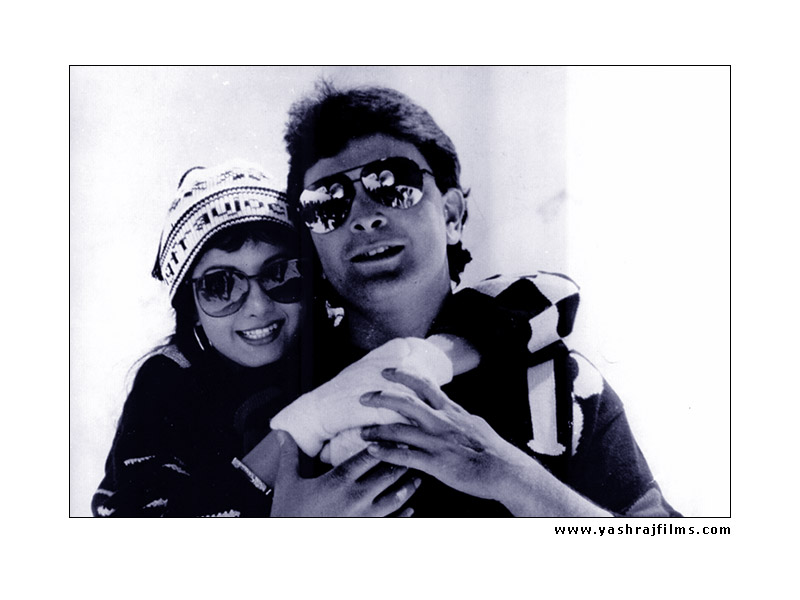
Courtesy: Yash Raj Films
The thing with Chopra’s films was not that it was a mere show of budget, but it was a medium to carry the story forward; to make the viewer connect; to make the audience fall in love—he was offering a whole package, an experience of Indian cinema. The man had vision. He even managed to make Delhi look picturesque in Chandni. Time and again he shot in the beautiful locales of Kashmir, as seen in the song Dekha Ek Khwab from the movie Silsila. He even made The Span Resort in Manali in the film Mujhse Dosti Karoge look like a home.
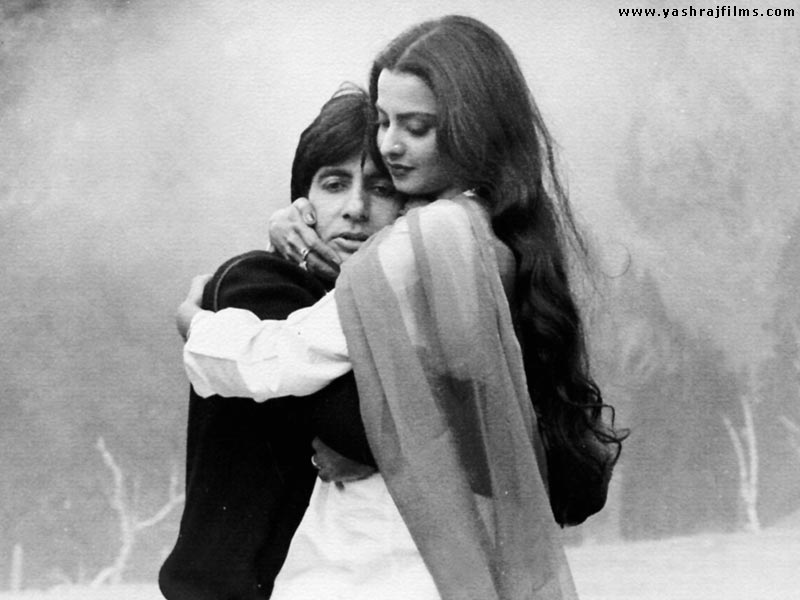
Courtesy: Yash Raj Films
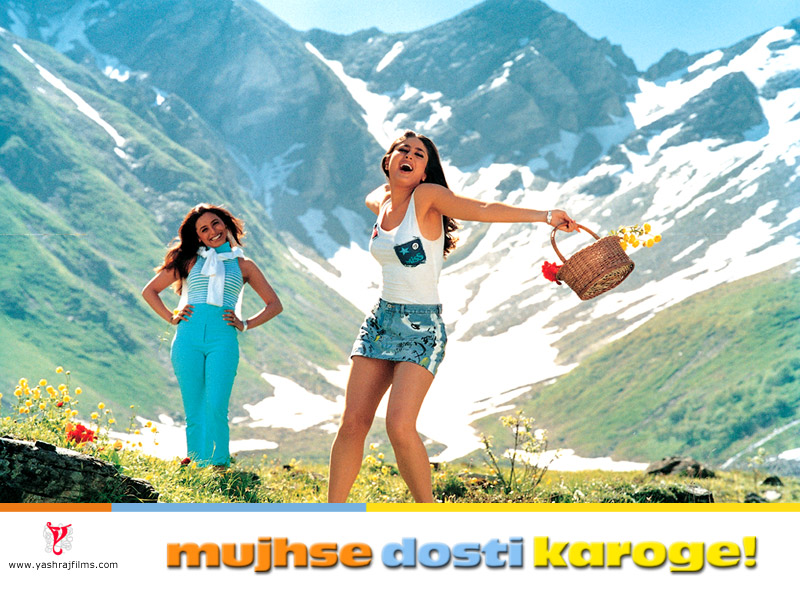
Courtesy: Yash Raj Films
Today, the man who made magic on screen is no more. No more will he be weaving unconditional love stories against sigh-inducing locales. No more will we see our own love stories on celluloid told by the King of Romance.
It’s almost like he knew. Jab Tak Hai Jaan, he said, would be his last film. And last film it is. Despite Kashmir’s war-torn landscape, Yash Chopra went back there to shoot his last film. Shah Rukh Khan said that though he was sad that he wasn’t able to visit the valley with his father, he was glad he went with his father figure.
In Chopra, the country has not only lost one of its finest filmmakers, but also the foremost champion of love—something much-needed in this hatred-filled world. But Chopra leaves behind a legacy of love, which we can only hope will inspire the violent, love-starved miscreants we read about every day. Rest assured that your legacy will live on, Sir. Rest in peace.
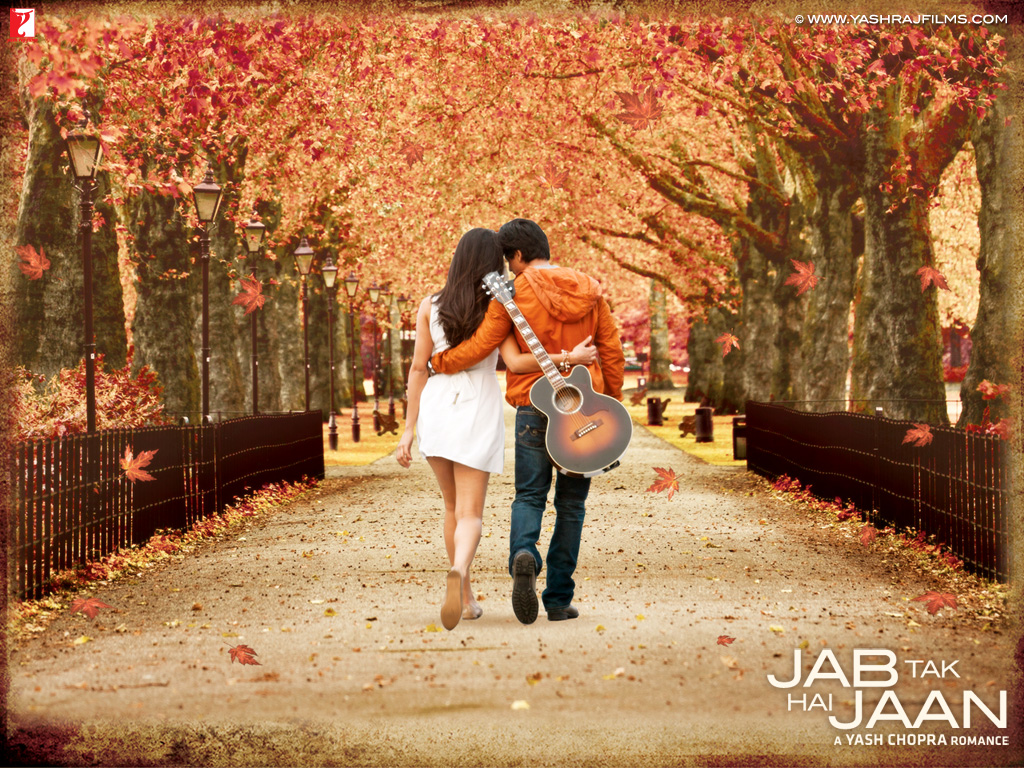
Courtesy: Yash Raj Films


